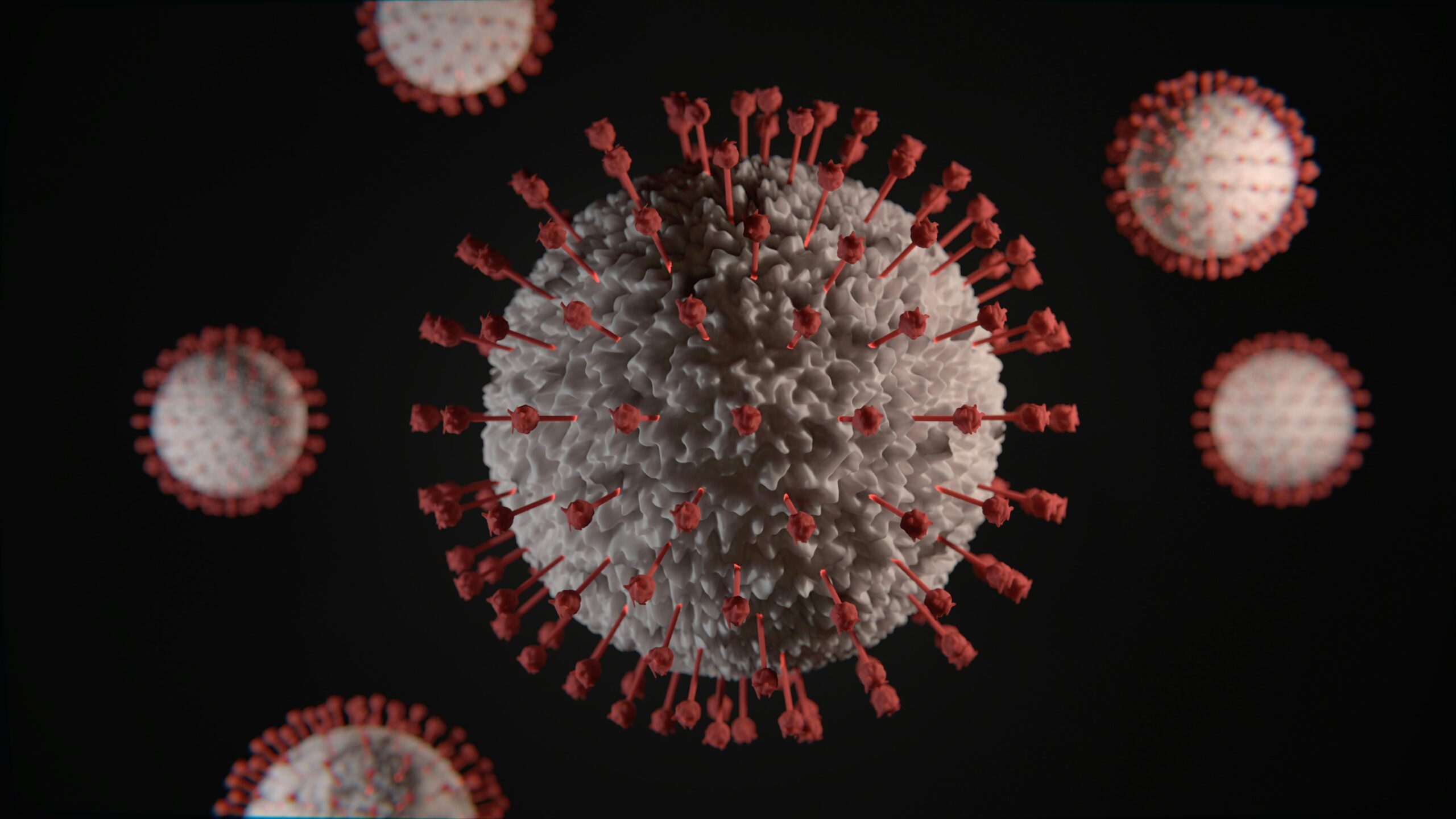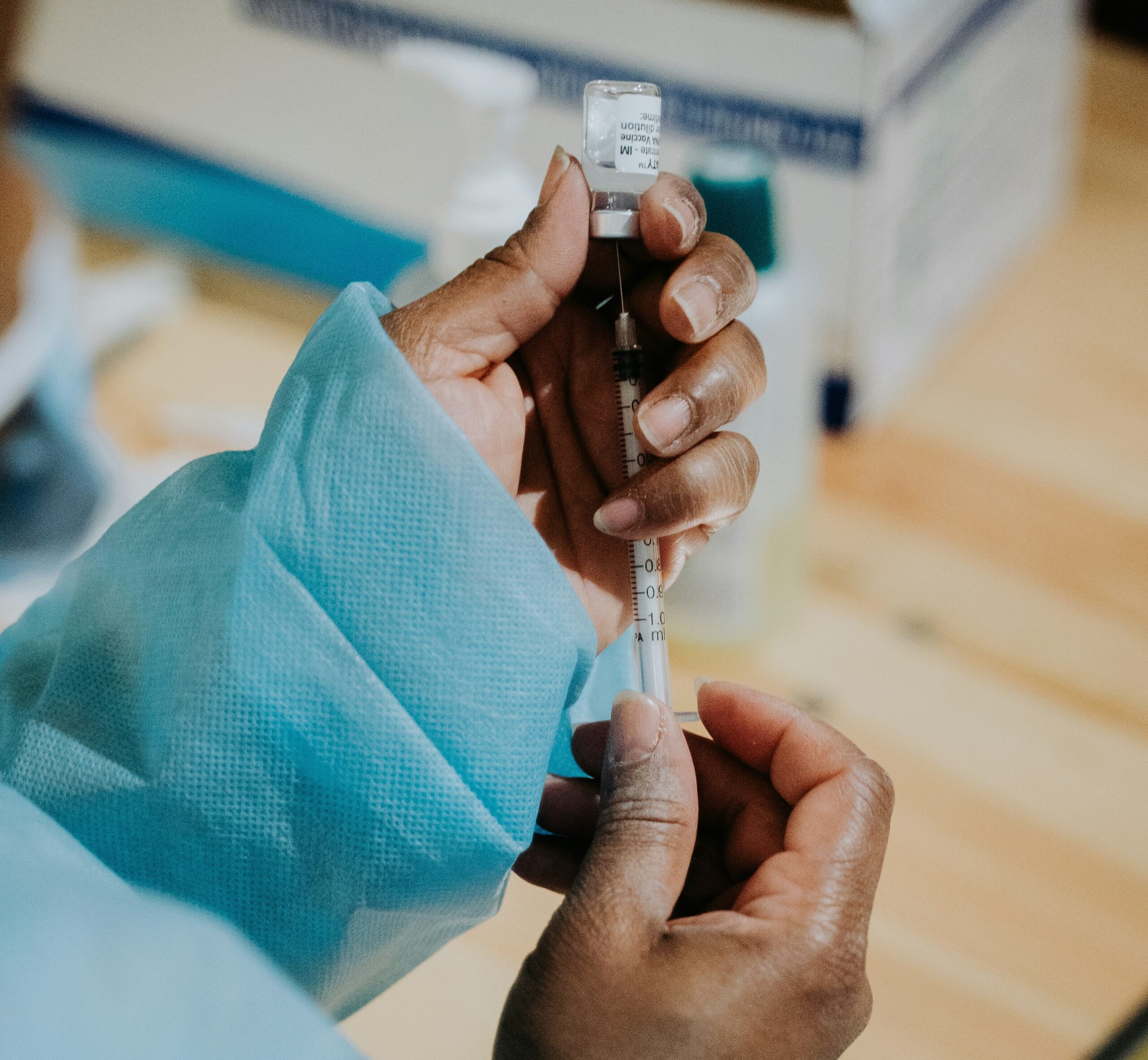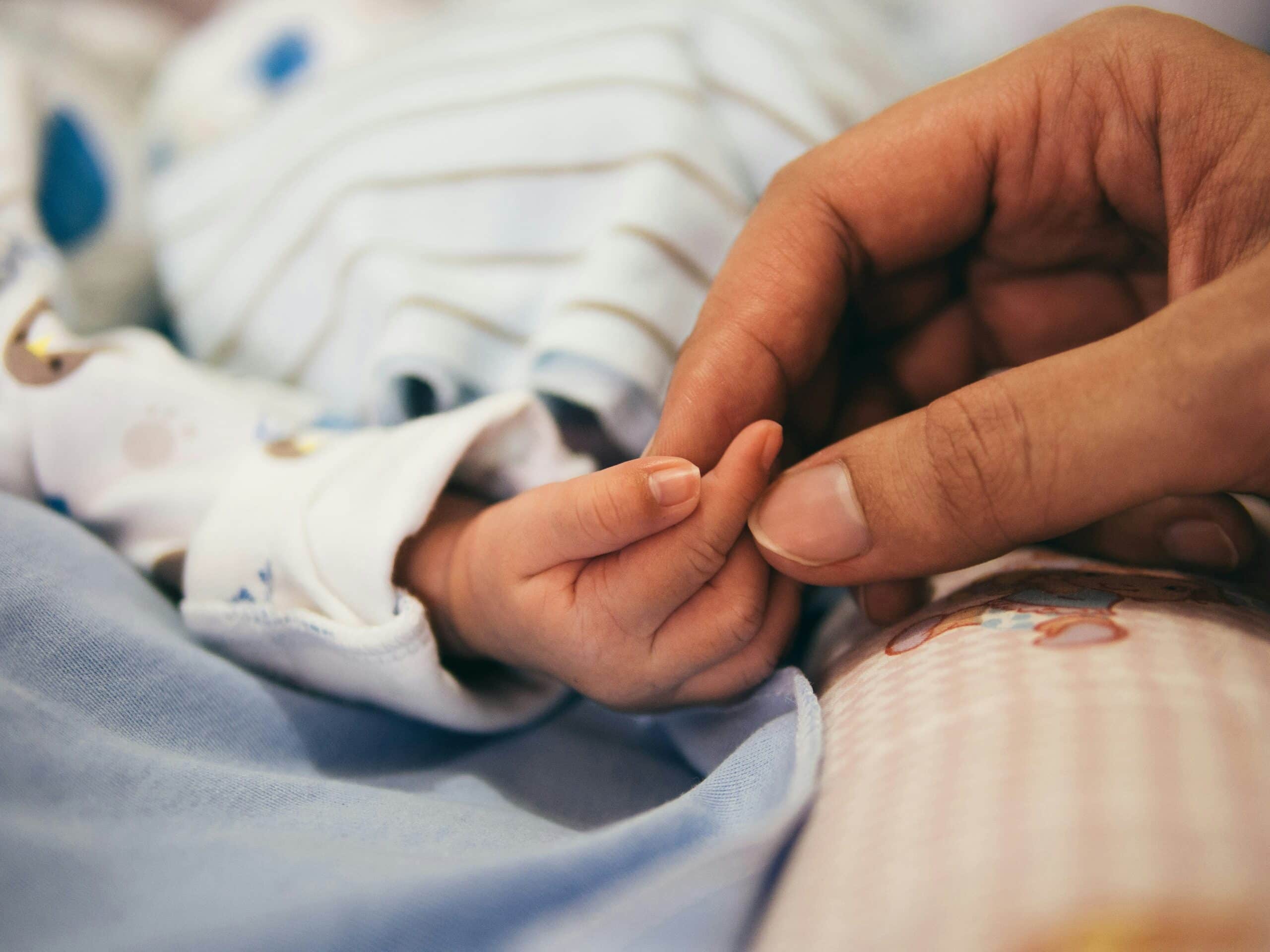
COVID-19 Survey II (2021)
Personal Impacts
Section 01
Survey Overview and Demographics
General Overview
Geographic Coverage: United States
Expertise:
- 68.9% Biology
- 21.7% Civil and Environmental Engineering
- 9.4% Biochemistry
Response Overview
Sample Size: 1914
Valid Responses: 291
Response Rate: 15.7
Date initial findings posted: 06.17.21
Most recent update: 06.17.21
Days survey in field: 34
Average response time: 13
Survey Demographics
Respondent Demographics:
- 39.9% Female
- 60% Male
- 100% Academic
- 0% Industry
Language(s): English
Section Overview
In this second round survey on COVID-19, we asked scientists about the ways in which their professional and personal lives have been impacted over the past year. We also asked their opinions on policy issues related to the pandemic. You can see results from last year’s survey here.
Question
Since June 1, 2020, have social distancing and other COVID-19 related policies had a negative impact on your research vis-à-vis any of the following home-life situations? (N=278)

Finding
The most commonly reported COVID-19 related home-life situations that negatively impacted research are inability to concentrate on research activities (76%) and anxiety about contracting COVID-19 disease (75%). Eleven percent of respondents reported a family member’s COVID-19 illness negatively impacted their research. Other unanticipated complications mentioned by the respondents are: lack of stable internet connections, forced relocations, and potential alcoholism.
Question
Comparing responses for women and men

Finding
Women and men both report negative impacts on their research, but women are more likely than men to report their research is disputed by home-life. A significantly (p < 0.1) higher proportion of women report difficulties in concentrating on research (41% women; 28% men).
A higher proportion of women scientists reported unanticipated childcare responsibilities (33% women; 19% men) and elder care responsibilities (9% women; 4% men) had a negative impact on their research. Women also reported other unanticipated complications such as management of other family members’ mental health, divorce, limited space at home.
Question
We are interested in how work-from-home orders and limited in-person work activities have affected your home life. Please indicate if the following have increased or decreased for you since the start of the COVID-19 pandemic in March 2020. (N=278)

Finding
More than half of the respondents indicate that the pandemic has decreased their overall mental health (60%), happiness (57%) and work-life balance (52%). Two-thirds of respondents reported increased stress levels (65%). Also, a little more than half (51%) report that COVID-19 has resulted in increased quality time spent with family members.
Question
Since March 2020, have you done any of the following? (N=278)

Finding
Since March 2020, less than a quarter of the respondents (24%) have advised their home institutions regarding COVID-19 policies. Less than five percent of the scientists have volunteered as a test subject in a COVID-19 vaccination trial (4%), as a worker at a vaccination site (3%) or as a worker at a testing site (2%).
More than a third of the respondents (39%) have volunteered at least for an activity, and almost fifteen percent of them have volunteered for more than an activity.
Question
Since March 2020, have you been tested at least once for COVID-19? (N=279)
Since March 2020, more than two thirds of the respondents were tested at least once for COVID-19 (68%) (N = 279).
Question
Have you received at least one dose of a COVID-19 vaccination?
Finding
Nearly all respondents (98%) report they have received at least a dose of COVID-19 vaccine.


